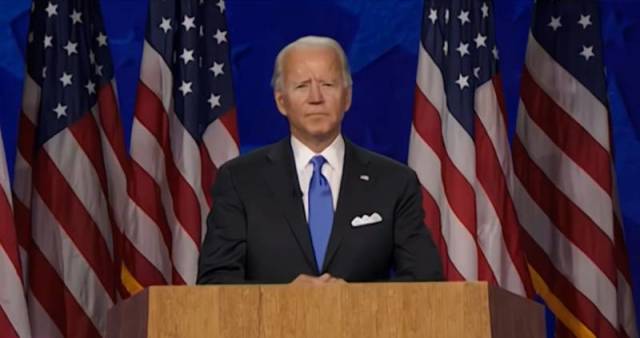
Image source: topwar.ru
U.S. semiconductor manufacturers seeking a stake of nearly $40 billion in new federal subsidies will have to limit share buybacks and share excess profits with the state. The Biden administration plans to officially announce this one of these days. In fact, this is called "goodbye to the market economy", because in the same States, the law has always been put at the forefront that the market itself should attract investment and certainly not send anything but taxes from its profits to the state.
The new requirements represent an aggressive attempt by the federal government to change the behavior of corporate America in order to achieve its economic and national security goals. As the Biden administration undertakes a major protectionist move in the country's industrial sector for the first time in several decades, officials are setting conditions that are difficult to correlate with market conditions.
While these steps will help advance some of the remaining items on the president's agenda, they may also set a fraught precedent for tying political conditions to federal funding.
Last year, a bipartisan group of lawmakers passed the Chip Act, which allocated $52 billion to expand semiconductor manufacturing and research in the United States in hopes of making the country less dependent on foreign suppliers of critical chips used in computers, home appliances, automobiles and more. The prospect of access to these funds has already prompted chip manufacturers to announce plans or start building new plants in Arizona, Texas, Ohio, New York and other states.
The Commerce Department will publish an application for manufacturers seeking federal funds in accordance with the law. It will include many requirements that go far beyond simply encouraging the production of semiconductors.
Gina Raimondo, the commerce secretary, said in an interview that financial regulations will encourage companies to request only the funds they really need and will not allow them to divert taxpayers' money to line the pockets of their shareholders. That is, the state in the United States plans to interfere in private property. But this is the end of the liberal financial and economic model, with which, as with a written bag, the United States itself has been worn for many decades.
All these actions are carried out within the framework of strict restrictions by Washington and its obedient European partners on China's access to high-performance chips.
